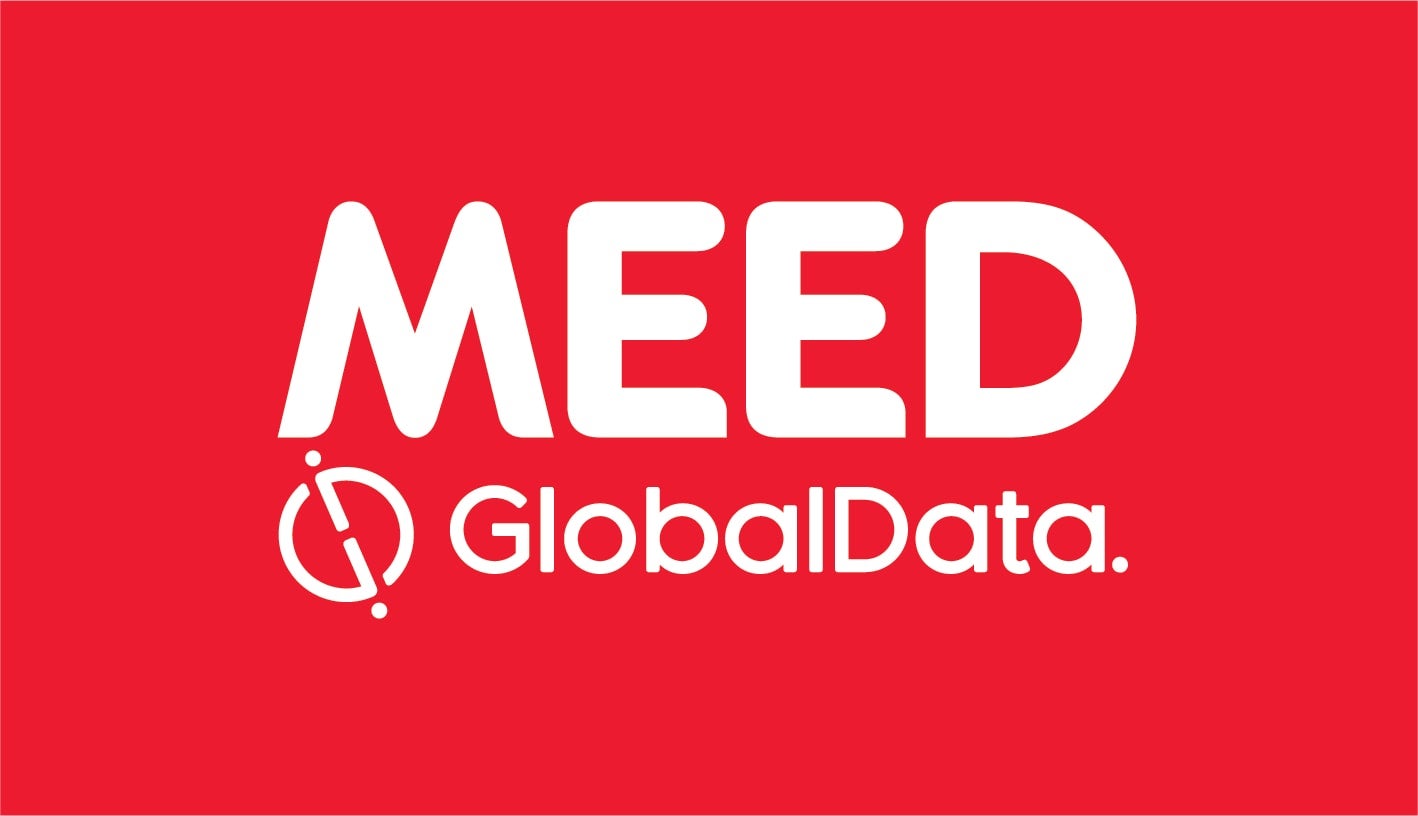The bank is capturing sovereign bond opportunities and leading a landmark social finance transaction
As GCC capital markets deepen and regional banks ramp up debt issuance to meet infrastructure and ESG-linked goals, competition among foreign institutions has intensified. Yet, few outside players have paired financial execution with regional sensitivity as effectively as the Industrial & Commercial Bank of China’s (ICBC) Dubai branch. The bank’s 2024 performance reflected both internal prudence and outward-facing strategic alignment in the evolving Middle East projects and sustainable finance landscape.
ICBC’s year began with a measured realignment of its bond investment portfolio. Monitoring movements in US dollar benchmark rates, the bank moved early in the third quarter of the year to offload $50m in Omani government bonds, capturing favourable spreads and reallocating capital into stronger, lower-risk positions. Executives say this decision was not simply opportunistic but part of a longer-term approach to cleaning the balance sheet while maintaining liquidity support for institutional clients.
Regional social finance
The more public-facing milestone came with the successful execution of a $600m, five-year social responsibility bond for the National Bank of Ras Al Khaimah (RAKBANK). This was not a passive syndication role. As the sole Chinese institution on the deal, ICBC Dubai coordinated closely with ICBC Standard Bank, formed through a joint venture with South Africa-based Standard Bank, to provide cornerstone order support, investor introductions and market sentiment analysis. The result was a significantly oversubscribed issuance, priced at T+135 basis points (bps), narrowed from an initial 170 bps and scaled up from $500m due to strong institutional demand.
What made the transaction noteworthy was not just its structure, but its purpose. Aligned with RAKBANK’s social finance framework, the proceeds will support UAE-based micro, small and medium enterprises (MSMEs) and enhance public healthcare delivery. While ICBC was not the issuer, its ability to credibly intermediate a regional ESG-linked instrument highlights growing trust in its market participation and risk governance.
Increased credibility
Some observers in the Gulf remain cautious about foreign bank involvement in socially framed debt, pointing to potential misalignment with local development mandates. ICBC’s role in this transaction, however, challenges that perception. It demonstrated how cross-border partnerships can deliver pricing advantages and broaden the pool of institutional capital without diluting local intent. The bank’s involvement has also added to its credibility in Middle East and North Africa (Mena) project finance, particularly in markets where Chinese capital still competes with legacy European and US institutions.
Still, not all market observers are convinced. Some argue that while foreign participation in ESG-labelled instruments is growing, lasting influence depends on long-term commitment and local alignment. ICBC’s presence in this transaction does not claim to solve that, but it sends a clear signal.
The bank’s contributions have been recognised with dual honours at the Mena Banking Excellence Awards 2025 – Corporate and Investment – Corporate and Investment, where it was named Mena Project Finance Bank of the Year and Best Green and Social Bond Issuer. Whether this marks a deeper shift in the region’s view of Chinese capital remains to be seen, but the momentum is hard to ignore.
